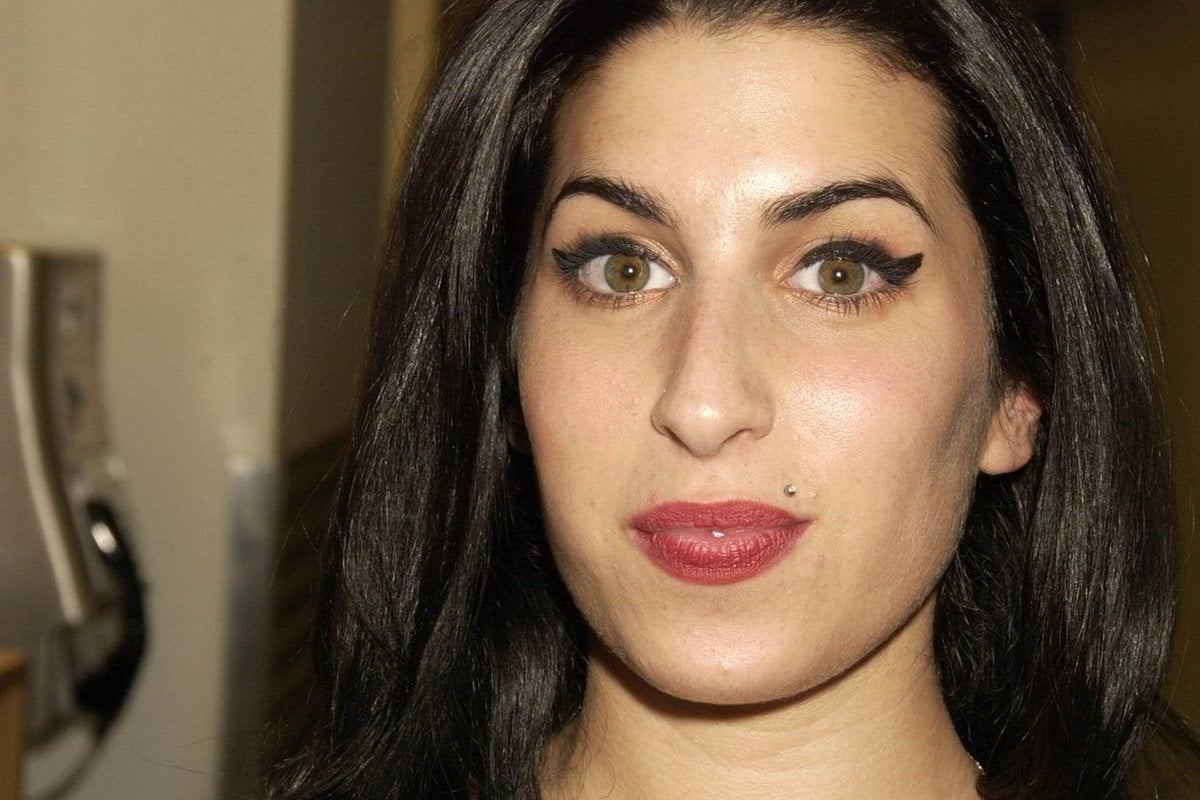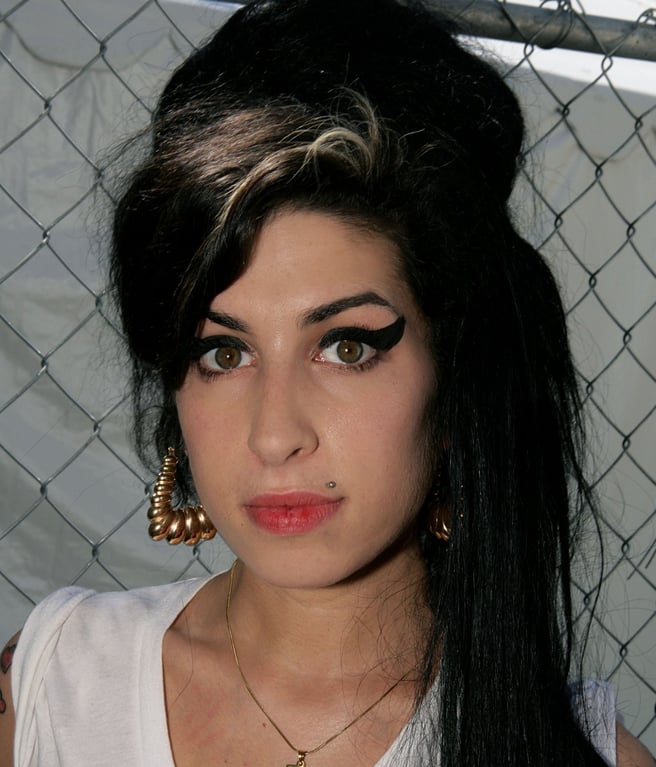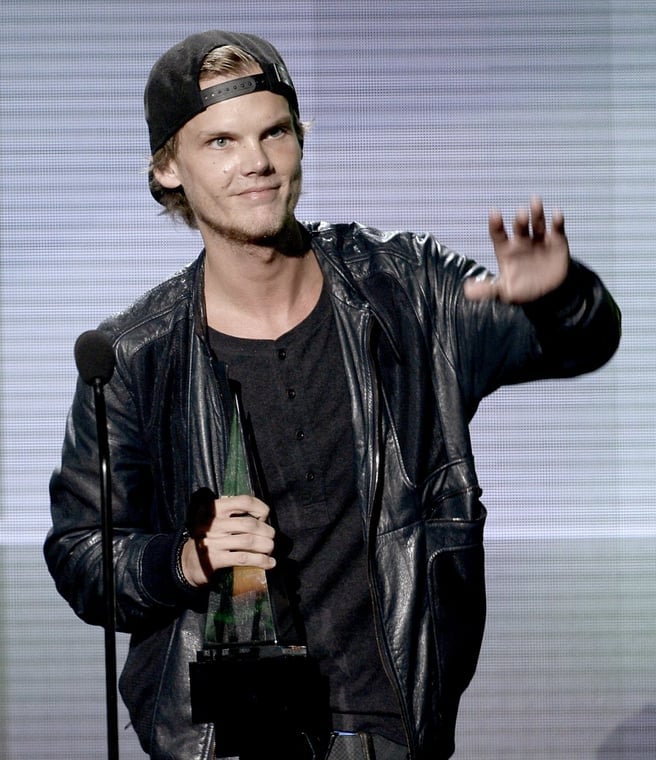
The year is 2005.
George W. Bush is inaugurated for a second term as President of the United States. A web platform named YouTube is launched. And 22-year-old Amy Winehouse finds herself at a crossroads.
If you live in the UK, you probably already know her name. You think of her as that singer who wears thick black eyeliner and always wears her hair in a beehive. She's been nominated for a few awards and everyone's calling her a "rising star".
Watch the trailer for 'Amy', a 2015 documentary about the life of Amy Winehouse. Post continues below.
What you don't know yet is that in February, her grandmother got sick. And then she met a man at a pub named Blake Fielder-Civil who is addicted to heroin. Winehouse, the distractible girl from north London with a voice critics say they've never heard before, tries the addictive drug for the first time.
Her manager Nick Shymansky says: "I’d never seen such change in a human being. All of a sudden I was getting calls in the middle of the night – she’d be absolutely f*cked, no idea where she was, asking me to come and get her. I’d be driving around Camden to see which pubs still had their lights on. She knew she couldn’t control it.”


